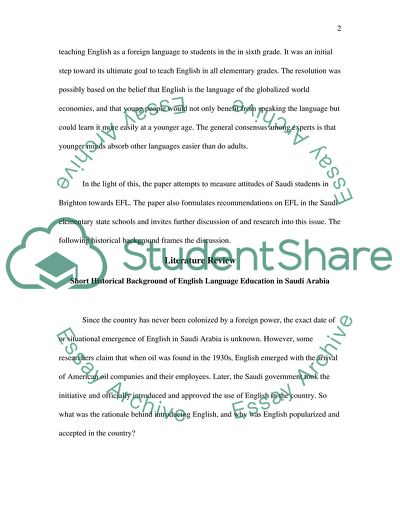Cite this document
(“English as a Foreign Language in the Saudi Schools Essay”, n.d.)
Retrieved from https://studentshare.org/education/1554020-sociolinguistics-term-paper-editing-needed
Retrieved from https://studentshare.org/education/1554020-sociolinguistics-term-paper-editing-needed
(English As a Foreign Language in the Saudi Schools Essay)
https://studentshare.org/education/1554020-sociolinguistics-term-paper-editing-needed.
https://studentshare.org/education/1554020-sociolinguistics-term-paper-editing-needed.
“English As a Foreign Language in the Saudi Schools Essay”, n.d. https://studentshare.org/education/1554020-sociolinguistics-term-paper-editing-needed.


